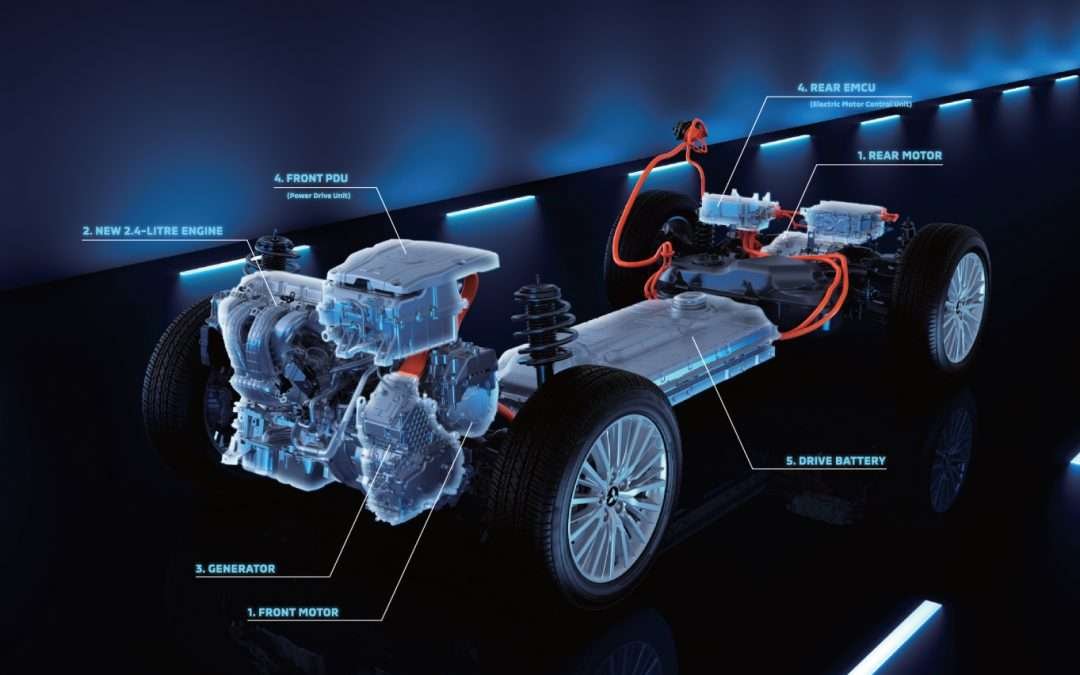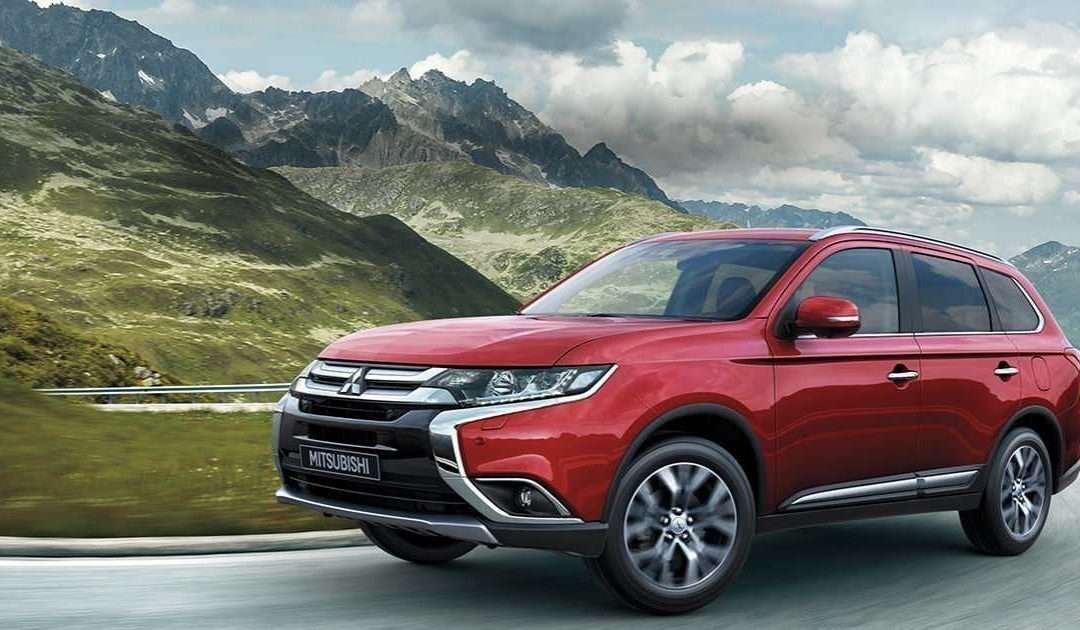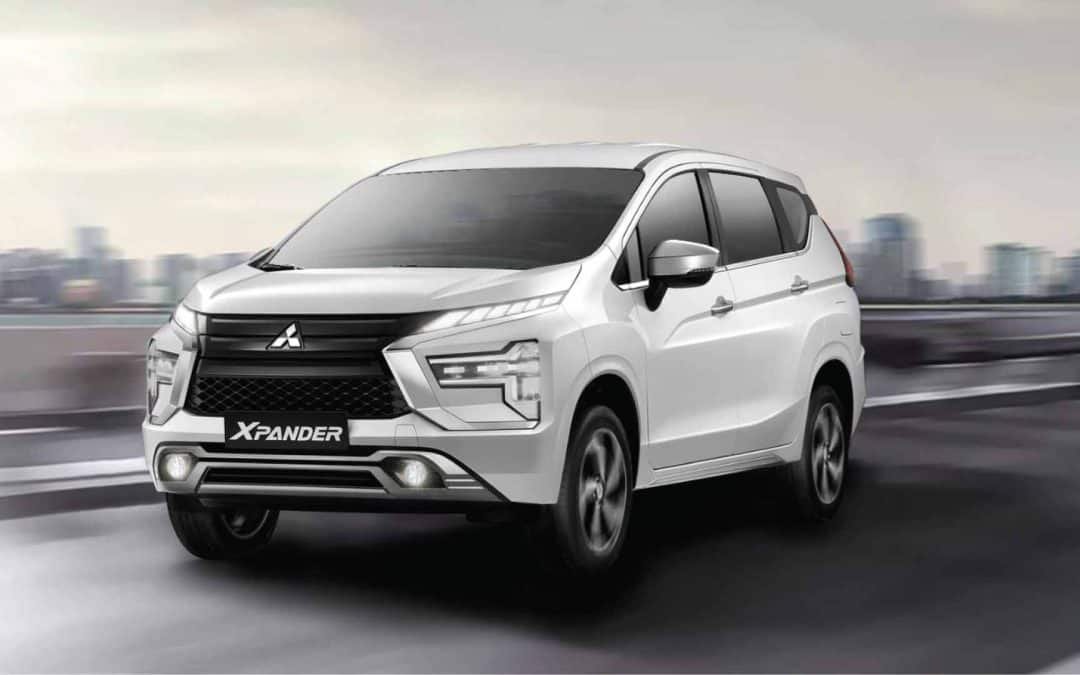Maintaining your car like a pro is not just about keeping it clean and polished; it requires regular upkeep and attention to detail. As a car owner in Bangladesh, understanding the unique challenges of this diverse landscape is crucial to preserving the longevity and performance of your vehicle. In this article, we will provide you with essential tips on how to maintain your car like a true professional, ensuring that you can enjoy safe and efficient journeys for years to come. Whether it’s tackling the rough roads or coping with extreme weather conditions, these expert recommendations will equip you with all the necessary knowledge to keep your car running smoothly in Bangladesh.
The Importance of Regular Car Inspections
Regular car inspections are essential for maintaining the safety and performance of your vehicle. By having your car inspected regularly, you can identify any potential issues before they become major problems. This not only helps prevent breakdowns and costly repairs, but also ensures that your car is safe to drive on the roads.
Car inspections involve checking various components of your vehicle, such as brakes, tires, lights, and fluids. By inspecting these parts regularly and addressing any issues promptly, you can prevent accidents caused by faulty brakes or worn-out tires. Regular inspections also help improve fuel efficiency and extend the lifespan of your car.
In addition to ensuring safety and performance, regular car inspections are often required by law in many countries. Failure to comply with inspection regulations can result in fines or even having your license suspended. Therefore, it is important to schedule regular inspections with a qualified mechanic who can thoroughly evaluate the condition of your vehicle.
Essential Maintenance Tasks for Bangladeshi Car Owners
Regularly check your car’s oil levels and change it as recommended by the manufacturer. This helps to keep your engine running smoothly and prevents damage.
Keep an eye on the condition of your tires. Ensure they are properly inflated and have sufficient tread depth. Bald or underinflated tires can lead to poor handling, reduced fuel efficiency, and increased risk of accidents.
Check all fluid levels regularly, including coolant, brake fluid, and power steering fluid. Make sure these fluids are at their proper levels for optimal performance and safety.
Inspect your car’s battery regularly for signs of corrosion or wear. Clean any buildup using a mixture of baking soda and water to maintain its longevity.
Replace worn-out wiper blades at least once a year to ensure clear visibility during rainfall.
Regularly clean both the interior and exterior of your car to prevent dirt build-up that can lead to rust or other damage over time. Pay special attention to places like door sills where dirt tends to accumulate.
Schedule regular maintenance with a trusted mechanic according to the manufacturer’s recommendations to identify any potential issues early on before they become major problems.
Tips for Navigating Rough Roads and Potholes
Use defensive driving techniques
When driving on rough roads or encountering potholes, it is crucial to practice defensive driving. This means being aware of your surroundings, maintaining a safe distance from other vehicles, and anticipating potential hazards. Keep an eye out for road signs or warnings indicating rough patches ahead. By employing defensive driving techniques, you can minimize the impact of uneven surfaces and avoid accidents.
Slow down and take it easy
To protect your car from damage caused by rough roads and potholes, it is essential to slow down when navigating these obstacles. Driving at slower speeds allows you to spot potholes in advance and react accordingly. Additionally, reducing your speed helps mitigate potential impact on your vehicle’s suspension system and tires.
Maintain proper tire pressure
Another way to safeguard your car against the effects of rough roads is by maintaining proper tire pressure. Uneven surfaces can be particularly challenging for underinflated tires as they increase the risk of hitting potholes harder than necessary. Regularly check your tire pressure using a gauge, making sure it meets the manufacturer’s recommended levels.
By following these tips for navigating rough roads and potholes in Bangladesh, you can help maintain your car like a pro while ensuring a safer journey for yourself and others on the road.
Protecting Your Car from Monsoon Season Hazards
During the monsoon season in Bangladesh, it is crucial to take extra precautions to protect your car from potential hazards. Follow these tips to ensure that your vehicle stays safe and maintains its performance:
- Keep tires properly inflated: Check the tire pressure regularly and keep them at the recommended level. Ensuring proper inflation helps improve traction on wet roads and decreases the risk of hydroplaning.
- Check windshield wipers: Inspect your windshield wipers for any signs of wear or damage before monsoon season begins. Replace worn-out blades to maintain clear visibility during heavy rain showers.
- Apply a water repellent coating: Apply a high-quality water repellent coating on all windows, including side mirrors, for improved clarity even during heavy downpours.
- Inspect brakes regularly: Wet roads can increase stopping distances, so make sure your brake pads are in good condition and have adequate thickness before entering monsoon season.
- Clean mudguards frequently: Regularly clean mudguards to prevent mud buildup which can lead to rusting over time.
- Avoid flooded areas: While driving during monsoons, avoid flooded areas as much as possible since deep water may seep into critical components causing severe damage which could be costly tounderstand repair costs understand; if necessary invest in flood insurance coverage specifically tailored for vehicles.
By implementing these simple yet effective measures, you can protect youyour car from common hazards associated with Bangladeshi monsoons rainy seasons, keeping it working smoothly throughout the yearproperly maintained all year long.
How to Properly Clean and Polish Your Car
Cleaning the exterior of your car
- To start, gather all the necessary supplies: a bucket, car wash soap, microfiber cloths or sponges, and a hose with adjustable nozzle for rinsing.
- Park your car in shade to prevent water spots from forming on the paintwork due to drying too quickly under direct sunlight.
- Begin by rinsing off any loose dirt or debris using a gentle stream of water from the hose.
- Dilute some car wash soap in your bucket as directed on the packaging and use it to lather up one section of your vehicle at a time.
- Use a microfiber cloth or sponge to gently scrub the surfaces, making sure not to apply too much pressure that could potentially scratch the paint.
Polishing for a shiny finish
- After cleaning your car’s exterior thoroughly, it’s time to polish it for that extra shine.
- Choose an appropriate polishing product based on your car’s paint type – either wax-based or polymer-based polishes work well.
- Apply a small amount of polish onto an applicator pad and spread it evenly over one section at a time using circular motions.
- Allow the polish to dry according to its instructions before buffing off with a clean microfiber cloth in straight line motions.
- Repeat this process until you have polished all sections of your vehicle’s exterior and enjoy admiring its gleaming finish!
Understanding the Effects of Extreme Heat on Your Vehicle
Extreme heat can take a toll on your vehicle, causing potential damage and affecting its overall performance. Here’s what you need to know:
- Engine Overheating: Excessive heat can cause your engine to overheat, leading to breakdowns and expensive repairs. Make sure your coolant levels are adequate and keep an eye on the temperature gauge.
- Battery Drainage: High temperatures accelerate chemical reactions within the battery, causing it to lose power faster. Regularly check the battery fluid level and ensure proper connections to prevent unexpected failures.
- Tire Wear: Heat can cause increased tire wear as well as tire blowouts due to expansion. Frequently check tire pressure, rotate them regularly, and inspect for signs of cracking or bulging in hot weather.
To protect your car from extreme heat:
- Park in shaded areas or use sunshades.
- Use reflective windshield covers.
- Keep windows cracked slightly when parked.
- Schedule regular maintenance checks with a professional mechanic.
- Consider investing in an aftermarket radiator cap designed for high temperatures.
Taking these precautions will help you maintain your vehicle’s longevity even during scorching Bangladesh summers!
Maintaining the Battery and Electrical Systems
Check battery terminals for corrosion
Regularly inspect your car battery terminals for any signs of corrosion. Corrosion can build up on the terminals over time, preventing a strong electrical connection. If you notice any white or greenish deposits on the terminals, it’s important to clean them off using a mixture of baking soda and water.
Test your battery’s voltage
To ensure that your car battery is in good condition, you should regularly test its voltage. A fully charged battery should have a voltage reading between 12. 4 and 12. 7 volts when the engine is off. If you find that your battery consistently falls below this range, it may be time to replace it.
Inspect the alternator belt
The alternator belt plays a crucial role in maintaining the electrical system of your car. Over time, wear and tear can cause it to become loose or deteriorated. Regularly check the alternator belt for any signs of damage such as cracking or fraying, and adjust or replace it if necessary.
Tips:
- Avoid leaving electronic devices plugged into your car overnight, as they can drain the battery.
- Turn off all lights and accessories before turning off your engine to minimize strain on the electrical system.
- Keep an eye on warning signs like dim headlights or slow power windows — these could indicate issues with your battery or electrical systems that need attention from a professional mechanic
The Role of Proper Tire Maintenance in Car Performance
Proper tire maintenance plays a crucial role in ensuring optimal car performance. Neglecting tire care can result in reduced fuel efficiency, poor handling, and even safety hazards on the road.
To maintain your tires like a pro:
- Check Tire Pressure Regularly: Underinflated or overinflated tires can cause uneven wear and reduce fuel economy. Use a tire pressure gauge to ensure that your tires are inflated to the recommended levels set by the manufacturer.
- Rotate Tires: Uneven tread wear is common due to differences in weight distribution and alignment issues. Rotating your tires regularly helps distribute this wear more evenly, extending their lifespan while maintaining stability and traction.
- Monitor Tread Depth: Adequate tire tread depth is essential for proper grip on various road surfaces. Use a tread depth gauge or the “penny test” to check if it’s time for new tires.
- Wheel Alignment and Balancing: Misalignment or unbalanced wheels can lead to irregular tread wear, negatively impacting vehicle handling and fuel efficiency.
Following these simple maintenance practices will not only help prolong the life of your tires but also enhance overall vehicle performance, providing you with safer and more comfortable driving experiences.
Fuel Efficiency Tips for Bangladeshi Drivers
1. Lighten the load
To maximize fuel efficiency, avoid carrying unnecessary items in your car. Remove any heavy or bulky objects that you don’t need during your journey. The extra weight can cause your vehicle to consume more fuel and decrease its overall efficiency.
2. Maintain proper tire pressure
Check your car’s tire pressure regularly and ensure they are inflated to the manufacturer’s recommended levels. Underinflated tires can increase rolling resistance, making it harder for your vehicle to move forward and leading to decreased fuel economy.
3. Avoid excessive idling
Idling for long periods uses up precious fuel without getting you anywhere. If you anticipate being stationary for more than a minute, consider turning off the engine instead of leaving it running unnecessarily.
4. Plan efficient routes
When possible, plan your trips in advance to avoid traffic congestion and utilize the shortest route. Frequent stops due to heavy traffic or detours can significantly impact fuel economy by increasing idle time and prolonging travel distances.
5. Avoid aggressive driving habits
Accelerating quickly, constantly braking too hard, or speeding excessively not only pose risks on the road but also burn through fuel rapidly. Drive defensively and maintain a consistent speed to promote optimal fuel efficiency.
Remember that practicing these tips consistently will not only help reduce greenhouse gas emissions but also save money spent on expensive fuels in Bangladesh!
The Significance of Regular Oil Changes
Regular oil changes are essential for maintaining the health and longevity of your car’s engine.
1. Engine Performance:
Oil acts as a lubricant, reducing friction between moving parts in the engine. Over time, however, oil breaks down and loses its ability to effectively lubricate and protect these parts. This can lead to increased wear and tear on the engine components, resulting in reduced performance and efficiency.
2. Extended Engine Life:
By regularly changing your car’s oil, you can help extend the life of its engine. Fresh oil contains additives that clean internal surfaces, remove deposits, and prevent sludge formation – all factors that contribute to damage over time if not addressed promptly.
3. Fuel Efficiency:
Good-quality motor oil helps reduce friction within the engine, allowing it to run more efficiently while maximizing fuel consumption. With regular oil changes scheduled at recommended intervals by your vehicle manufacturer or mechanic, you can ensure optimal fuel efficiency while saving money at the gas pump.
Investing in regular oil changes is a wise decision that pays off in terms of improved engine performance, extended lifespan of crucial components like pistons and valves; they also enhance overall fuel efficiency leading to a smoother ride!
Preventative Measures for Rust and Corrosion Control
- Regularly wash your car to remove dirt, salt, and other corrosive substances that can promote rust formation.
- Keep your vehicle’s undercarriage clean by rinsing it thoroughly after driving through muddy or salty roads.
- Apply a high-quality wax coating to protect the paintwork from oxidation and corrosion caused by environmental factors.
Rust-proofing:
- Consider applying a rust-proof coating to vulnerable areas such as the wheel wells, door sills, and lower body panels.
- Have professionals inspect your car for any early signs of rusting or vulnerabilities in its protective coatings.
Garage storage:
- Park your car in a covered garage or use a quality car cover when parked outside to shield it from rainwater and humidity.
- Ensure adequate ventilation in garages to prevent moisture buildup that contributes to corrosion.
Maintenance checks:
- Regularly inspect parts exposed to moisture/water such as brakes, suspension joints, and electrical connections for signs of rust or deterioration. Replace if necessary.
Troubleshooting Common Car Issues in Bangladesh
Flat Tire:
- If you experience a flat tire, first find a safe spot to pull over.
- Use the spare tire and jack that are provided with your car to change the flat tire.
- Make sure to tighten the lug nuts securely before driving again.
Battery Failure:
- If your car won’t start and you hear clicking sounds or see dim lights, it may be due to battery failure.
- Check for loose connections on the battery terminals and secure them properly.
- In case of severe battery damage, call for roadside assistance or visit a mechanic.
Overheating:
- When your engine overheats, stop driving immediately to prevent further damage.
- Open the hood carefully after allowing sufficient time for it to cool down.
- Check if there is enough coolant in the radiator reservoir; add more if needed.
- Consult a mechanic if overheating persists as this may indicate underlying issues with the cooling system.






